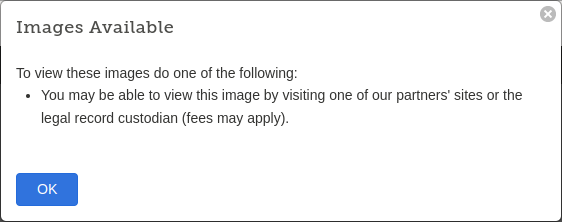Microfilming and digitization of the Portuguese parish records by the FamilySearch
FamilySearch1, the current brand of the former Genealogical Society of Utah (GSU), provides one of the largest reference sites for the world community of genealogists. GSU/FamilySearch is responsible for the microfilming and digitalization of the Portuguese parish records, through an agreement with the Portuguese government signed in 2006. FamilySearch is the genealogical research branch of The Church of Jesus Christ of Latter-day Saints (LDS, also known as the Mormon Church), which provides the FamilySearch.org website, and the Family History Centers (FHC). Genealogical research is of special importance to the followers of this religion, who believe that only the souls of the baptized will be saved2, thus encouraging them to discover their ancestors.
Whatever the reasons, the truth is that the partnership with FamilySearch provided the Portuguese Government with free microfilming and digitization services, making it possible to freely access the majority of the Portuguese parish records online without the need to visit the respective archive. In practice, however, the quantity of books online varies with each archive, as some have already made nearly all their fonds available, whereas others still have a lot of work ahead of them. One way to obtain immediate access to these books would be through the FamilySearch.org website, but unfortunately, and according to the terms of the agreement with the Government (see Article 6), FamilySearch is not allowed to provide them unless the archives fail to do so "within 2 years after the conclusion of each project"3.
Parish records in FamilySearch.org
It is possible to browse in the FamilySearch website the list of parish books already scanned, on the page of Portugal records. Unfortunately, in most cases this will be the reply provided by the site:

This warning shows up to all users, except to those that have an LDS account, exclusive to Church members. Indexers also do not have the necessary permissions.
The only portuguese collections available to the general public in the FamilySearch website are the following:
- Portugal, Braga, Catholic Church Records, 1530-1911
- Portugal, Braga, Priest Application Files (Genere et Moribus), 1596-1911
- Portugal, Braga, Passport Registers and Application Files, 1800-1946
- Portugal, Coimbra, Catholic Church Records, 1459-1911
- Portugal, Coimbra, Civil Registration, 1893-1980
- Portugal, Coimbra, Testaments, 1801-1935
- Portugal, Coimbra, Passport Registers and Application Files, 1835-1938
- Portugal, Guarda, Catholic Church Records, 1459-1911 (only the books from outside the Guarda district, which are from the Coimbra Archive)
- Portugal, Portalegre, Catholic Church Records, 1859-1911 (only Elvas)
- Portugal, Portalegre, Civil Registration and Miscellaneous Records, 1816-1935 (only Elvas)
- Portugal, Vila Real, Diocesan Records, 1575-1992
None of the source archives for these collections are dependent of DGLAB, since the Braga and Coimbra ones are university archives, the Elvas archive is municipal and the one from Vila Real is from the catholic diocese. As such, they're not covered by the access restrictions imposed by the agreement.
How to access the restricted parish records
There's very little that can be done to access these images, but maybe the following advice can help:
- Try looking here in tombo.pt. If that book has already been published by the portuguese archives, you'll be able to access them easily through this site.
- Visit a Family History Center. Familysearch maintains a large network of these centers. If the LDS member that staffs it allows you to use an LDS account, you'll be able to access the restricted images. In the FHC you may be told that the responsibility for the access restrictions is because of the Catholic Church, which is clearly not true, on one hand because these books are now the property of the portuguese archives, and on the other because it was the Portuguese Government that forbade FamilySearch from providing universal access.
- Go to the archive where the book is stored, where you may have to compete for the use of the available microfilm readers. In some archives, you'll even be allowed to handle the original parish book (!).
- Be patient. Publishing these books online is an ongoing project by most of the archives. Visit us regularly to be informed of the newly published books by the archives.
1. FamilySearch and the FamilySearch logo are trademarks of the Corporation of the President of The Church of Jesus Christ of Latter-day Saints or Intellectual Reserve, Inc..↩
2. The controversial practice of baptism for the dead even led in 2008 the Vatican to instruct that the catholic dioceses should deny to the Mormons access to the parish records.↩
3. Is any of the projects ever concluded?↩